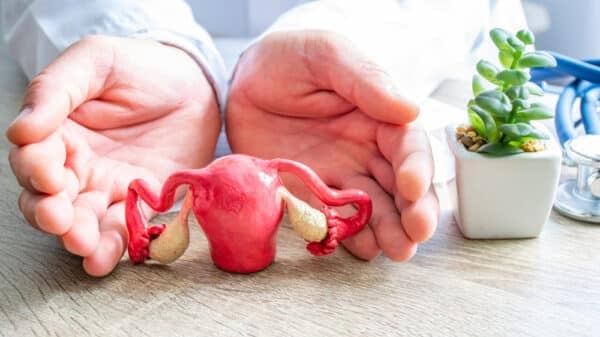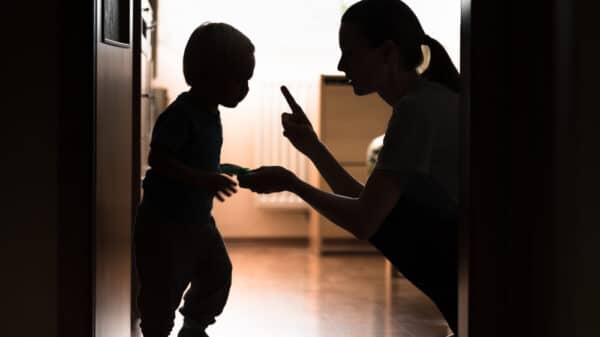Whether you’re juggling energetic toddlers, dealing with the demands of a hectic work schedule, or just noticing the aches of getting older, chances are you’ve had a moment of panic in the morning: “Oh no, why does my back hurt?” You’re definitely not alone. In fact, back pain is so common that about 80% of adults will encounter it at some point during their lives, according to renowned spinal and orthopedic surgeon Dr. Gbolohan Okubadejo. But how do you know if the pain you’re feeling is serious enough to warrant a doctor’s visit, or if it’s something you can treat at home?
Understanding the Nuances of Back Pain
To put it simply, back pain is a broad term that encompasses a range of discomforts—from mild soreness in your shoulders to intense, stabbing pains that shoot down your spine, not to mention everything in between. It can be pretty confusing, can’t it? Sometimes, you might find yourself questioning whether the twinge in your back is a simple strain or something that requires more attention. With the rising costs of healthcare, who wants to shell out for yet another appointment if it’s not necessary?
However, according to Dr. Okubadejo, back pain is one of the leading reasons people miss work or seek medical care. If you’re in the 30 to 50 age range, back pain often arises from lifestyle factors, muscle strain, or changes in the vertebral discs. These issues can stem from everyday activities like lifting too much or not enough, the physical changes that come with pregnancy, or just the natural wear and tear that happens as we grow older. One awkward bend or a poor night’s sleep, and suddenly, your back is in protest.
Knowing When to Seek Help
Back pain can really disrupt your life, and there are certain signs that it’s time to get a professional involved. Dr. Okubadejo advises, “If your back pain lasts more than a couple of weeks or keeps coming back, it’s a wise move to consult a doctor. Pay special attention if your pain gets worse or starts to interfere with daily activities like walking or sleeping.” Trust your instincts—ongoing discomfort, even if it’s not that severe, might indicate something that requires treatment.
Additionally, if you’re noticing other worrying symptoms along with your back pain, like fever, numbness, or weakness in your legs, this warrants a trip to the clinic. “These symptoms could hint at nerve damage, infections, or something else that requires immediate medical attention,” Dr. Okubadejo warns. Sudden changes like trouble walking, or losing control of your bladder or bowels, could signal nerve compression. And if you notice unexplained weight loss paired with severe pain that doesn’t improve with rest, don’t hesitate to reach out to your doctor.
For those who think their pain isn’t an emergency, starting with an orthopedist can help. They’ll perform a physical exam to check your range of motion and any painful spots, maybe take some X-rays, or even schedule MRIs to get a clearer image of what’s going on with your spine and discs. If needed, they can refer you to specialists like neurologists for nerve issues or psychologists if emotional stress may be contributing to your discomfort.
The Rest Debate
If you’re leaning toward a more conservative approach while you sort through your backache, that’s perfectly valid too. “For mild back pain, there are plenty of at-home remedies and OTC options that can provide relief,” says Dr. Okubadejo. Over-the-counter medications like ibuprofen (Advil) or acetaminophen (Tylenol) are effective at managing pain and reducing inflammation. In the first 48 hours, heat packs can ease tight muscles, and ice packs can help with swelling. Gentle stretching, light walking, and avoiding the temptation to completely lay down can actually expedite your recovery. Yes, I know the couch looks inviting, but staying gently active is often the best remedy for those nagging aches.
Preventing future flare-ups is crucial too. Dr. Okubadejo emphasizes that good posture, using a supportive chair or mattress, and steering clear of heavy lifting can go a long way in keeping your back healthy. If your pain hasn’t improved within a week or two, it’s best to consult a healthcare provider.
When Kids Complain of Back Pain
And we can’t forget about the little ones! If your child comes home talking about back pain, it should raise a few eyebrows. It’s less common for children to experience back pain, but it can happen, often due to heavy backpacks, poor posture, or sports injuries. Dr. Okubadejo advises parents to take any persistent or severe back pain seriously and consult a doctor, as it isn’t typical at a young age.
The journey through back pain—whether yours or your child’s—can be frustrating and overwhelming. But you’re not alone in this. Understanding when to seek help and exploring both traditional and home remedies can make all the difference in reclaiming your comfort and freedom of movement. So take a deep breath, listen to your body, and remember: you’ve got options!
Image Source: Orathai Mayoeh / Shutterstock



































